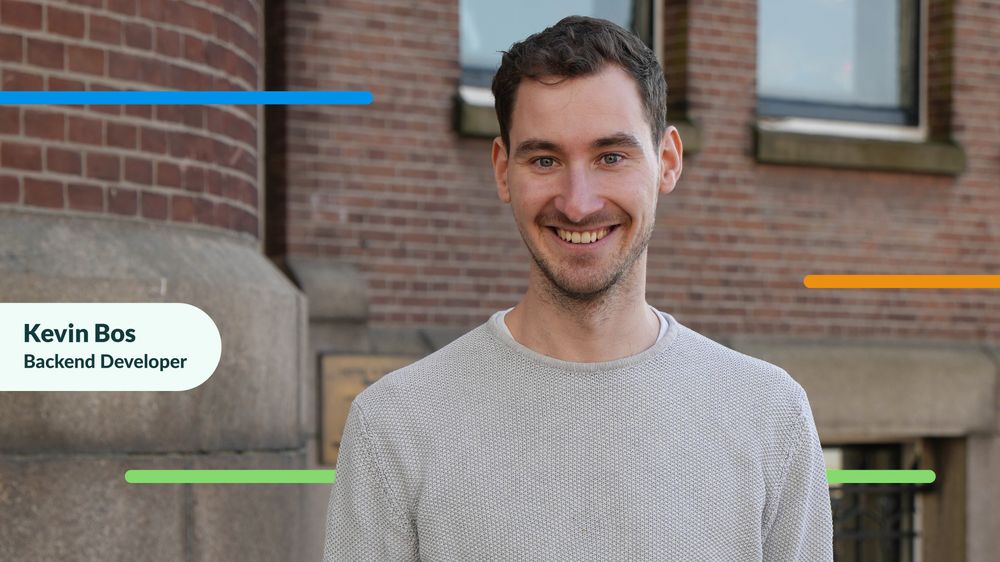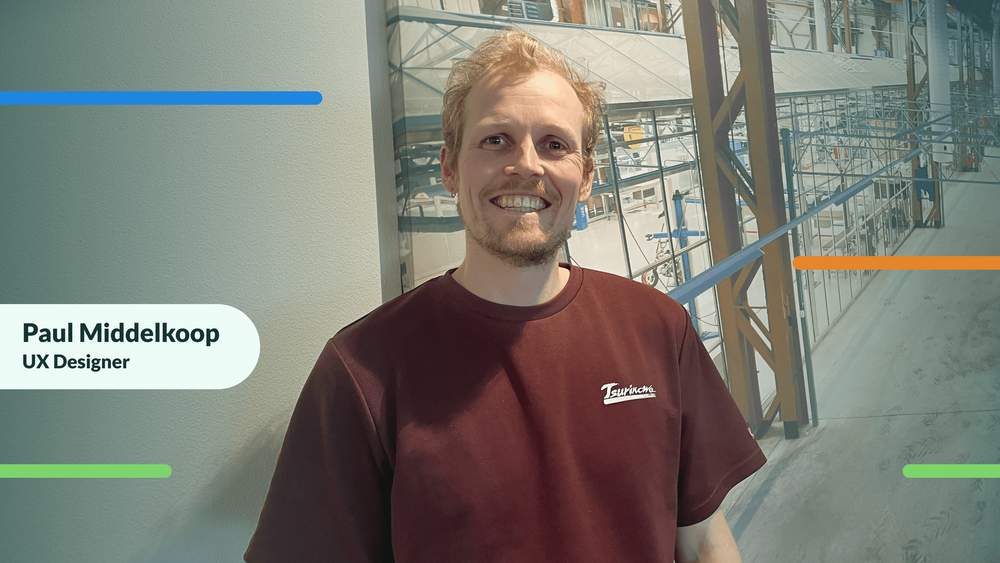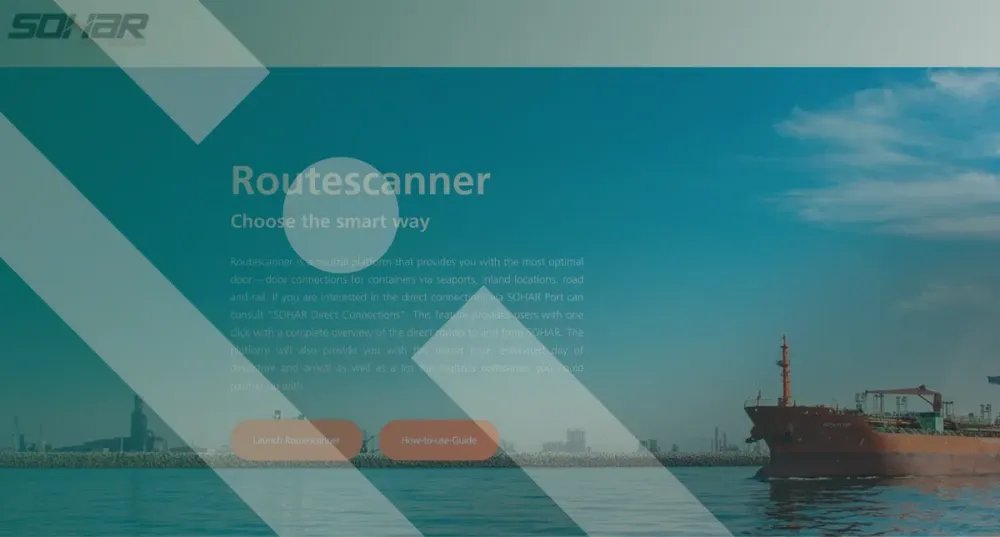
Accelerating Sustainable Container Logistics with Routescanner: an Interview with Kevin Bos
In an era where sustainability is at the forefront of global conversations, Rotterdam-based scale-up Routescanner is making significant strides in transforming how businesses select transportation routes for their international freight, minimizing the carbon footprint. We have discussed our innovative approach to importing schedules and ensuring the highest data quality for their service with one of our Backend Developers Kevin Bos .
Q: Kevin, can you tell us about the mission of Routescanner and the services you provide?
A: At Routescanner, our primary goal is to enable companies to choose transportation routes for their international freight that have the smallest possible carbon footprint. We collaborate with ocean and inland operators, who offer their schedules and route information on Routescanner. Based on the input by the customer, our search engine selects the most suitable route. Selection criteria include CO2 emissions, transit time, and the number of transfers. This allows our users to easily discover their optimal container route.
Q: Can you elaborate on how we faced challenges with our original architecture, and how this impacted our service?
A: We quickly encountered that the original application architecture no longer suited the new functionalities we were introducing. The biggest issue was how we imported data into the tool. The checks we performed on this data were no longer sufficient, leading to outcomes that often turned out to be incorrect. For example, confusion would arise from a route offered by multiple operators, resulting in duplicates in our system.
Q: How did you address these challenges?
A: To tackle these issues, we embarked on developing a new data model for the imported schedules. Leveraging the domain knowledge we had acquired, we divided the process into logical components, developed additional checks, and moved these checks as far forward in the process as possible. This approach allows us to identify corrupt data early and resolve it quickly in consultation with the data provider. As a result, we develop cleaner, test easier, and achieve better maintainability.
Q: What impact has the new architecture had on our service?
A: The new architecture has significantly improved our data quality, which is the core of our product. Only with complete and accurate data can we offer routes with the least impact on the climate that are also actually available. Continuing to enhance the quality and completeness of our data remains one of the main pillars of our strategy.
Q: Looking forward, how do you see Routescanner evolving to further support sustainable transportation?
A: We are constantly exploring ways to refine our algorithms and expand our data sources to cover more transportation modes and routes. Our aim is not only to help companies reduce their carbon footprint but also to make sustainable transportation choices the default. As we grow, we'll keep pushing the boundaries of what's possible in logistics and environmental stewardship.
Kevin and the rest of our team are at the forefront of a crucial shift towards sustainable transportation. With our commitment to improving data quality and their innovative approach to route selection, we are setting a new standard in the logistics industry. It's clear that our journey is just beginning, and our impact on global freight transportation promises to be profound.
More from the blog

Faces behind Routescanner: Paul

Modal shift in logistics: unlocking reliability, sustainability, and resilience through smarter transport choices

SOHAR Port and Freezone provides comprehensive insight into its connectivity with Routescanner's Direct Connections
Stay in the loop
Discover how our network of shippers, forwarders, operators and terminals is growing.
Subscribe to our updates